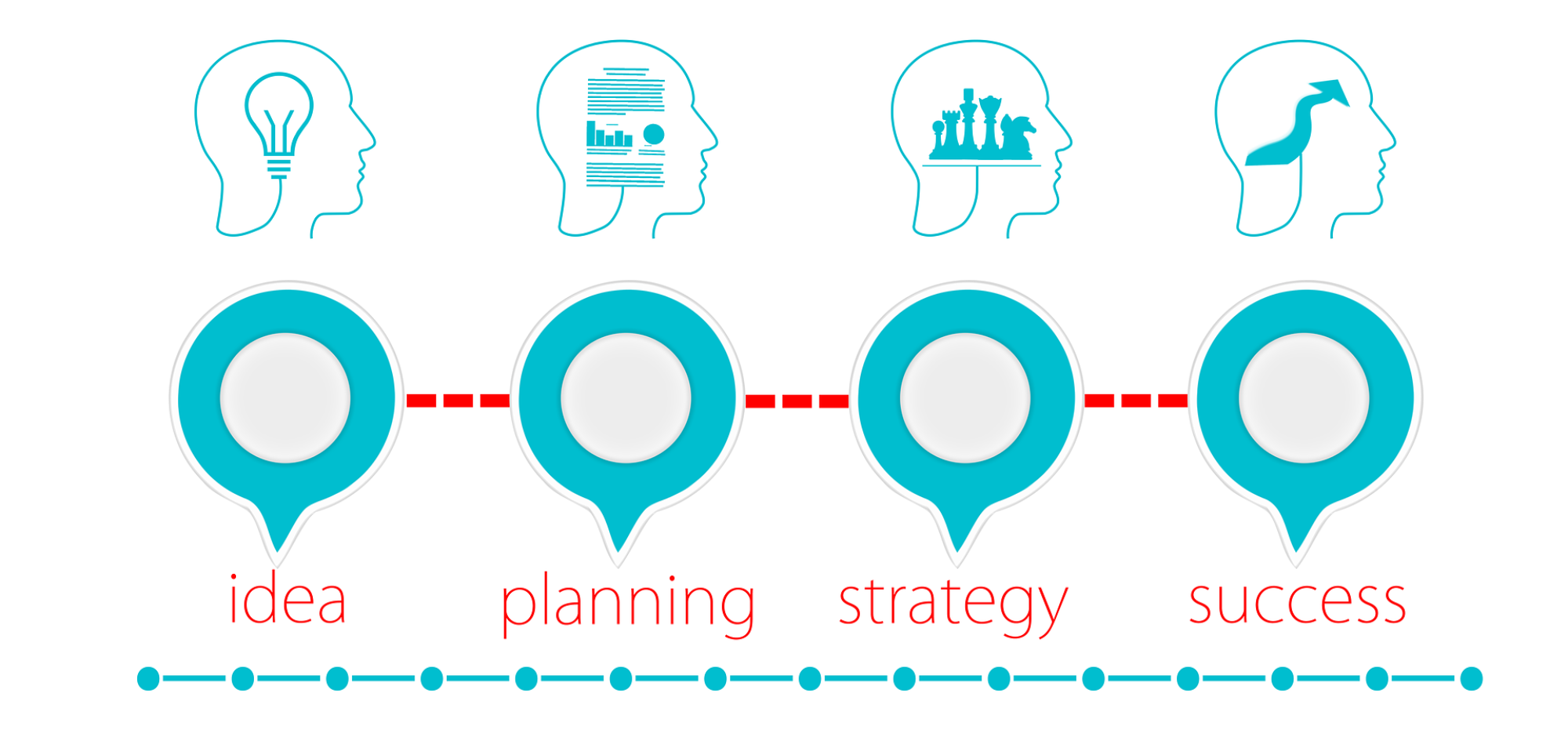If you are launching a new business, you may find yourself in need of debt capital. This type of financing helps businesses pay off debts, improve credit, and start a business. There are several types of debt capital, each with its benefits and drawbacks. Listed below are the different types of debt capital, and how they are used. Choosing the right type for your business will depend on its goals and the type of financing you need.
Typically, organizations raising debt do not trade the securities in the primary market directly. Instead, they approach an investment bank specializing in debt capital management. These banks charge a fee for their services and often earn money through selling other services associated with the transaction. The goal is to secure the best deal for the client while reducing risk. To avoid risk and maximize the return on your investment, make sure that you understand the terms of the debt you intend to raise.

Debt capital is money that companies borrow that is supposed to be paid back over a fixed period. These funds are usually used to fund growth, but they must be repaid at a future date. Debt capital is different from equity capital, which is a form of financing for a business. Unlike equity capital, debt capital can be secured or unsecured. Secured debt requires that the company pledge assets as collateral for the loan, while unsecured debt does not require any collateral.
The cost of debt capital depends on the interest rate the company is paying and the personal tax rate for investors. Often, the cost of debt capital is lower than the taxable income of the company. The cost of capital varies with a business’s circumstances, but a $100,000 loan with a 7% interest rate will cost it 7% to finance a new business. This amount is tax-deductible if the company is profitable. This means that the cost of debt is lower than what traditional financial theory would have predicted.
A job in debt capital markets requires someone knowledgeable about debt. The field is a hybrid of investment banking and sales and trading. Debt securities can be government bonds corporate bonds, or even government securities. Debt is money borrowed from a company without diminishing the ownership of the company. People who work in debt capital markets should be well-versed in answering questions about the securities they are selling and pitching to clients. The pay will vary, but many work from home.
While debt is often low-profile, it has many benefits for bankers and companies. There are two types of debt capital markets: fixed income and debt capital. Debt capital markets connect companies and investors, and debt-related securities are a hybrid of investment banking and sales and trading. In addition, these markets also help companies finance themselves through debt, and serve as a tool for diversifying their funding. A CFO should ask these questions before establishing a debt policy.
